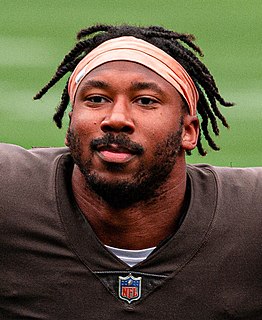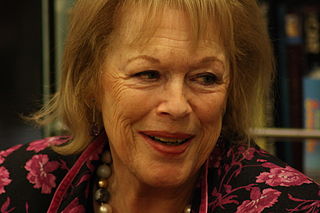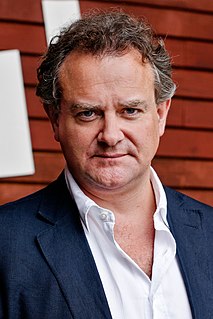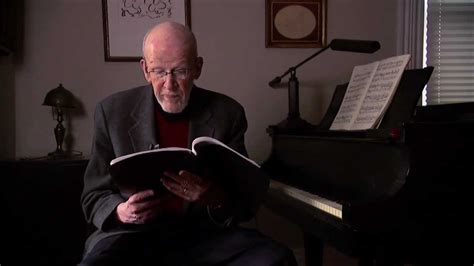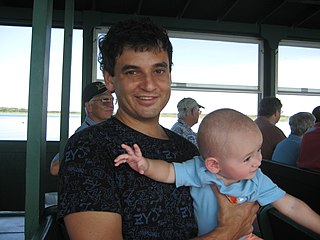A Quote by Joseph Epstein
While reading writers of great formulatory power — Henry James, Santayana, Proust — I find I can scarcely get through a page without having to stop to record some lapidary sentence. Reading Henry James, for example, I have muttered to myself, "C’mon, Henry, turn down the brilliance a notch, so I can get some reading done." I may be one of a very small number of people who have developed writer’s cramp while reading.
Related Quotes
You can't learn to write in college. It's a very bad place for writers because the teachers always think they know more than you do - and they don't. They have prejudices. They may like Henry James, but what if you don't want to write like Henry James? They may like John Irving, for instance, who's the bore of all time.
You can’t learn to write in college. It’s a very bad place for writers because the teachers always think they know more than you do—and they don’t. They have prejudices. They may like Henry James, but what if you don’t want to write like Henry James? They may like John Irving, for instance, who’s the bore of all time. A lot of the people whose work they’ve taught in the schools for the last thirty years, I can’t understand why people read them and why they are taught.
I read continually and don't understand writers who say they don't read while working on a book. For a start, a book takes me about two years to write, so there's no way I am depriving myself of reading during that time. Another thing is that reading other writers is continually inspiring - reading great writers reminds you how hard you have to work.
For the last episode [of Downton Abbey], you'll need some handkerchiefs. I needed handkerchiefs reading it. It wasn't because it necessarily moved me while reading it, but it was the experience of reading it when I realized it was the last time I was ever going to be reading one of those scripts. That was quite terminal.
The power of reading a great book is that you start thinking like the author. For those magical moments while you are immersed in the forests of Arden, you are William Shakespeare; while you are shipwrecked on Treasure Island, you are Robert Louis Stevenson; while you are communing with nature at Walden, you are Henry David Thoreau. You start to think like they think, feel like they feel, and use imagination as they would. Their references become your own, and you carry these with you long after you've turned the last page.





